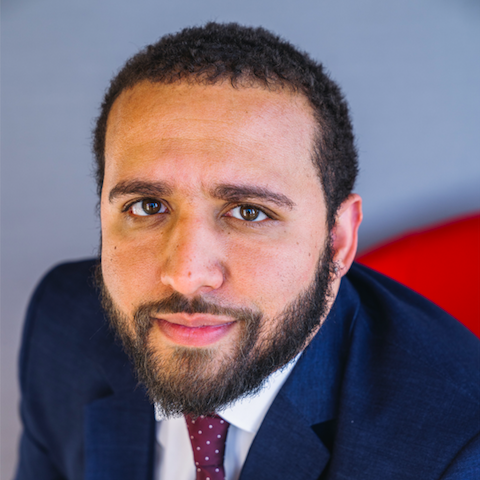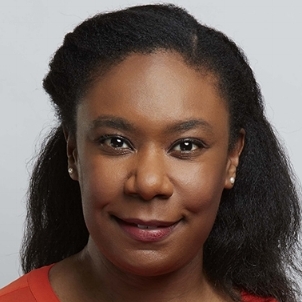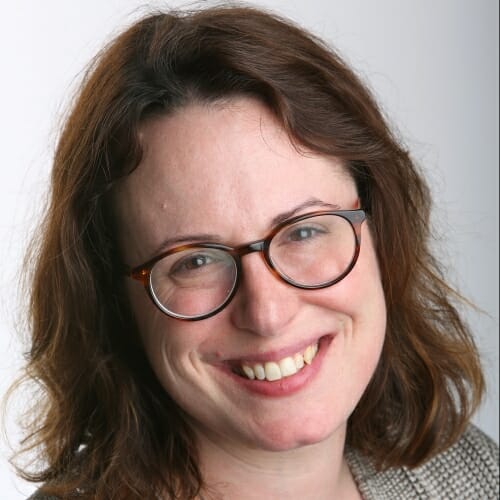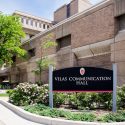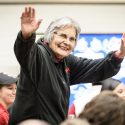Journalist in Residence virtual talks highlight challenges of current news environment
From COVID-19 to deadly wildfires, news headlines in 2020 have been dominated by historic events. UW–Madison’s Journalist in Residence program is hosting a series of virtual talks focusing on the complexities reporters are facing during this unprecedented moment. “Journalism in Extraordinary Times” explores what it means to be a journalist in today’s news environment, covering beats that range from politics to police reform to climate change during a global pandemic.
Wednesday, Oct. 7 at 4 p.m.
Join CBS News correspondent Wesley Lowery for a virtual discussion and Q&A about the challenges and ethics of reporting on racial justice and law enforcement, as well as the problem of “objectivity” in journalism.
Lowery is a correspondent for “60 in 6” and the author of “They Can’t Kill Us All: Ferguson, Baltimore, and a New Era in America’s Racial Justice Movement.” Prior to joining CBS News, he was a national correspondent for the Washington Post, where he primarily covered issues of race and justice. He has twice been a member of Pulitzer Prize-winning teams.
Wednesday, Oct. 28 at 5 p.m.
Kendra Pierre-Louis from Gimlet Media joins UW–Madison professor Dietram Scheufele for a two-person panel discussion on climate change and climate reporting, as well as how the media and the public discuss and frame controversial topics, including the coronavirus response.
Pierre-Louis is a climate reporter working for the podcasting company Gimlet. She previously worked at The New York Times and Popular Science and is the author of “Green Washed: Why We Can’t Buy Our Way to a Green Planet.”
Thursday, Oct. 29 at 7 p.m.
New York Times journalist Maggie Haberman will be a part of this virtual discussion about the complexities of covering policy and politics during the 2020 presidential election and historic COVID-19 pandemic.
Haberman is a Times White House correspondent and was awarded a Pulitzer Prize in 2018 for reporting on Donald Trump’s advisers and their connections to Russia. Before joining The Times, she worked as a political reporter at Politico, as well as The New York Post and The New York Daily News.
More details about the Journalism in Extraordinary Times event series and registration information can be found online. Registration for each event is recommended, but not required.
For more than 30 years, UW–Madison’s Journalist in Residence programs have offered top journalists an opportunity to share their expertise and engage with the campus community while collaborating with university scholars. Programs are sponsored by University Communications and campus partners, including the Robert M. La Follette School of Public Affairs, the Wisconsin School of Business and the School of Journalism and Mass Communication, with support from the Wisconsin Foundation and Alumni Association.

